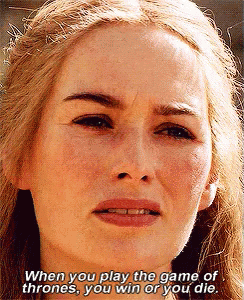Lanefan
Victoria Rules
The connection is that you're still limiting how players can play their characters, only in a different direction and, IMO, more arbitrarily.I find the easiest way to handle PvP is to just tell players that it's not allowed. If a PC attacks another PC, the attacking player immediately becomes an NPC (after reminding the player of the rule of course). Same way with evil. I'll never tell a player that their PC can't go bad, but if they do they become and NPC since I don't want evil PCs in my game.
But I don't see how this has any connection to metagaming, they're separate topics other than that it should be discussed as a group how you want to handle it.
Also, your stance has a corollary to it that's a huge red flag for me: that you can arbitrarily take a character away from a player and make it an NPC just because you don't like something it did in-character. Characters belong to their players for life.



